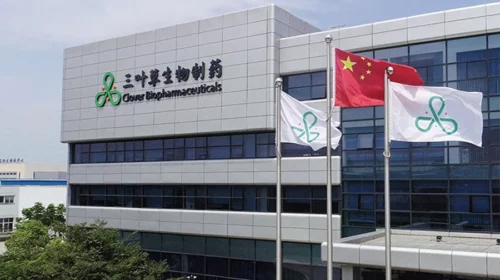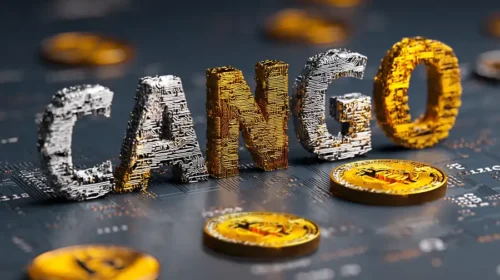FAST NEWS: AIM Vaccine named to MSCI small cap index

The latest: AIM Vaccine Co. Ltd. (6660.HK), China’s second-largest maker of non-Covid vaccines, announced Friday that its shares were selected for inclusion in the MSCI Global Small Cap Index, effective after markets closed on Nov. 30.
Looking up: The company believes inclusion in the index will expand its visibility in international capital markets, and bring in a more diversified investor base to boost its trading volume.
Take Note: Companies included MSCI indices are bought and held by exchange-traded funds (ETFs) tracking those indices. But future adjustments, such as a reduction in the proportion or exclusion of a company’s shares, may pressure its stock price.
Digging Deeper: AIM Vaccine has traveled a bumpy road to becoming a listed company. It filed to list on Shanghai’s Nasdaq-style STAR Market in 2020, but later abandoned that effort. In June 2021, it shifted its IPO destination to Hong Kong, but its application was rejected less than a month later. In September that same year, it filed a second time for a Hong Kong listing, but that application lapsed six months later. The company finally made the cut on its third try, passing a hearing in September 2022 and debuting a month afterwards.
Market Reaction: AIM Vaccine’s shares fell on Friday to close down 3.4% at HK$8.49 by the midday break. It now trades at the lower end of its 52-week range.
Translation by A. Au
Have a great investment idea but don’t know how to spread the word? We can help! Contact us for more details.
To subscribe to Bamboo Works weekly free newsletter, click here
Tags:
AIM Vaccine, Non-Covid vaccines, STAR Market, Hong Kong Stock Exchange, ETF






